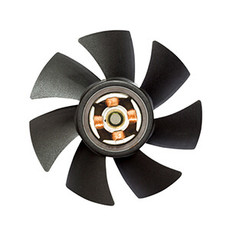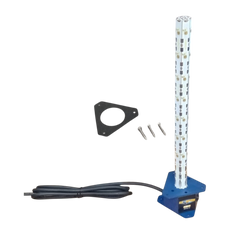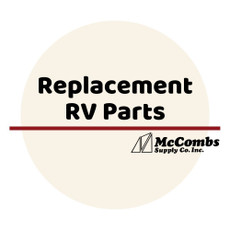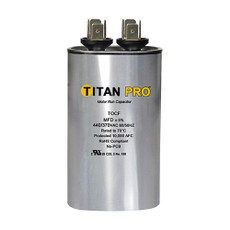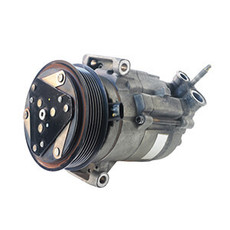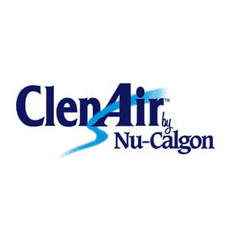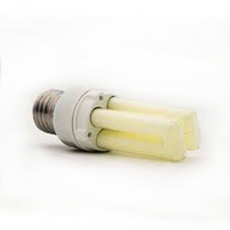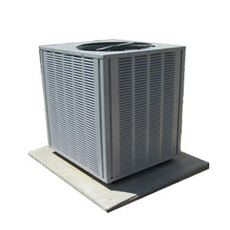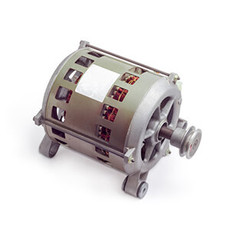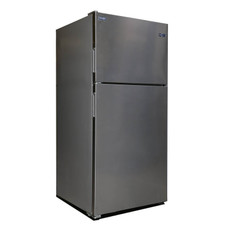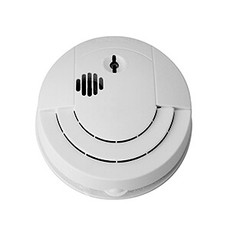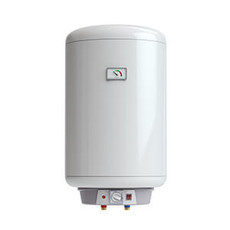HVAC-R Replacement Parts for Your HVAC System Repair
HVAC-R One of the biggest benefits of HVAC-R maintenance is saving money. Ask any doctor what the best way to save on healthcare costs is, and they’ll say exercising, eating well, and practicing healthy habits to prevent disease from developing – in short, the answer is prevention. And asking any maintenance professional will produce the same answer. Preventative maintenance saves money in the long-term. It prevents expensive breakdowns, slashes energy bills by keeping systems running at top efficiency, extends the life of those systems, and keeps things under warranty. Some figures even estimate that regular HVAC-R maintenance can reduce the risk of breakdowns by 95 percent. It also saves up to 30 percent on energy bills by maximizing efficiency, according to the United States Department of Energy. Regarding warranties, many HVAC-R manufacturers require proof of annual maintenance when owners submit claim for repairs under warranty. And since many of the parts of an HVAC-R system can be quite costly, investing in an annual maintenance check-up will undoubtedly save a lot of money if things go south.
HVAC-R systems also help improve air quality. Contrary to popular belief, indoor air pollution is actually far worse than outdoor air pollution – two to five times worse, according to the Environmental Protection Agency. If workers or residents of a building have respiratory diseases such as asthma, the effect of bad air quality can be devastating. But even for otherwise healthy individuals, the constant barrage of low-level indoor air pollution can have cumulative negative health impacts. Many substances, such as indoor allergens, dust, animal or pet dander, dust mites and their feces, cigarette smoke, industrial or chemical fumes, pollen, and mold can be found in very high concentrations depending on the location and circumstances. Therefore, routine HVAC-R maintenance is essential to maintain a healthy living and working environment.
Of course, the most obvious purpose people associate with HVAC-R system maintenance isn’t saving money or helping with air quality, but simply maintaining year-round comfort. In hot summers and freezing winters, it’s important to have a system that can produce and distribute warm and cold air properly. Many take maintenance for these systems for granted (like not keeping their condensers clean) or simply accept that one room or area of a building is hot in the summer and cold in the winter. But taking preventative steps, such as cleaning ductwork, can make sure that the building maintains temperature as well as it possibly can while preventing unpleasant noises or smells caused by HVAC-R problems.
Another reason to keep HVAC-R systems well-maintained is too minimize carbon footprint and help the environment. HVAC-R technicians can upgrade outdated systems to use environmentally friendly refrigerants and make sure things are running efficiently and use less electricity. Switching from oil heat to natural gas or other, more ecologically sound methods is also a good option.
Finally, safety is a huge concern. Carbon monoxide poisoning is most commonly caused by leaks or cracks in failed heat exchangers. HVAC-R maintenance checkups usually include a carbon monoxide test, which can catch leaks early before they become dangerous. HVAC-R maintenance professionals can also check or install carbon monoxide detectors, which serve as an early warning system to alert people before catastrophic leaks make the air in a building deadly.

